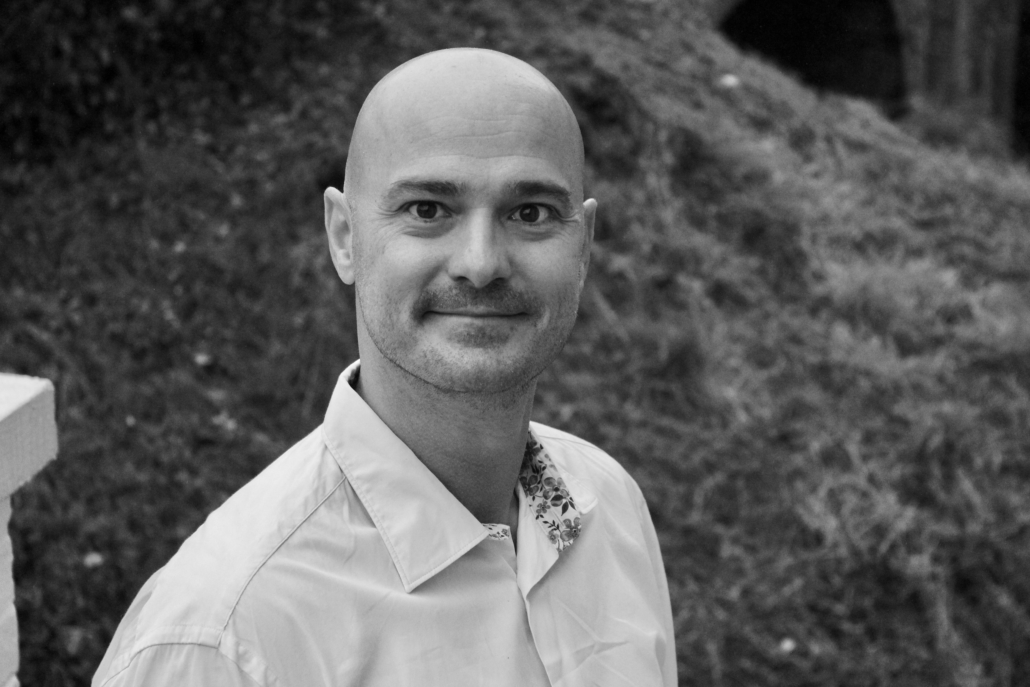Community Innovation & Systems Change: #1 Education at the Heart
BY SCOTT HINKLE
If the following rings true, then this blog series may be for you.
I am working my hardest to create the change I wish to see in my community, but it feels like I am fighting against complex and powerful forces that are beyond my control, hard to comprehend and constantly changing. I am disheartened that I never see any real or lasting change.
That feeling of swimming against the current is all too common for people and organisations working towards sustainable change in their communities. The cause of this frustration is often not because the change models you are using are wrong, but because the majority of them have not been created to deal with problems that are complex and evolving by nature. Nor have they been built to create system-level change.
That sentiment is what drove the school leaders of Reach Academy Feltham, an all-through school that has 900 pupils aged 2 to 18, to try something different. Their view was that a child’s chance for opportunity in life is often affected by things that are outside the remit and scope of the school. Therefore, quickly following the school’s opening in 2012, they established the Reach Foundation to fund and deliver activities for children, young people and families beyond the gates of the school. However, they recognized that efforts to tackle recurring problems for children and young people often fail, not due to a lack of passion or effort, but because the individual responses are too isolated and static to influence the current systems and structures around educational institutions in a meaningful way. Thus, inspired by Strive Partnerships in the US, the Feltham Convening Project was born to have local education professionals and community members drive change beyond the reach of the academy and foundation, and do so in a way that shifts the engrained and hard-to-see patterns that affect the lives of young people in Feltham.
The Feltham Convening Project (FCP) is a 7-year project that aims to use systems-based approaches to deliver substantial, sustainable improvements to the lives of local children, young people and families in the Feltham community.
Our view is that the only way to achieve lasting, significant change in any community is through genuine collective effort among a wide range of local stakeholders: schools, council departments, local services, local organisations, local businesses, parents, and young people. We believe that our systems approach can help tap into the immense capacity of ordinary leaders, incubate new ideas, build our capacity to adapt and embody the collective ethos that we believe is needed for community-based change.
Join us on this series of blogs, as we capture practical insights and experiences to drive discussions and learning for people curious about systemic approaches for community-led initiatives.
One of the core principles driving the FCP is ‘Shared Vulnerability’, and thus we hope to bring in different voices and authors to help shed some light on the challenges and benefits of using these concepts and approaches for place-based change. I encourage you to check out the Reach Academy Feltham website to see the innovative ways in which they interconnect life skills, academic qualifications and a supportive community culture in all their institutions and initiatives. It is really inspiring.
Practical Tips for Community Change Innovators
We realize that ‘systems change’ can sometimes be seen as too theoretical, and a bit out of reach for everyday practical use. Therefore, we will end each blog with a couple tips or questions that may help you along your path to delivering the community change you wish to see.
- Be bold about wanting to do things differently. Creating systemic change is hard, and the first step is being brave enough to attempt the change that is necessary. In this case, a group of leaders recognized that children benefit more from wholistic, all-through support and then identified models and opportunities to back that belief. Check out the Neighbourhoods of Promise research paper for all the details.
- Develop a shared vision, and stick to it. Our example is that if you want to affect change in young people’s lives, then it has to be done in a collective effort well beyond the school.
- What role can education play? The school is often the beating heart of a community, a place where diverse people and pathways cross. Though not appropriate for all place-based change, it is already a well-established source of information and influence in the community. Is there a role that the education system or school can play in your initiative?
Liked this blog? Check out these ones below!






